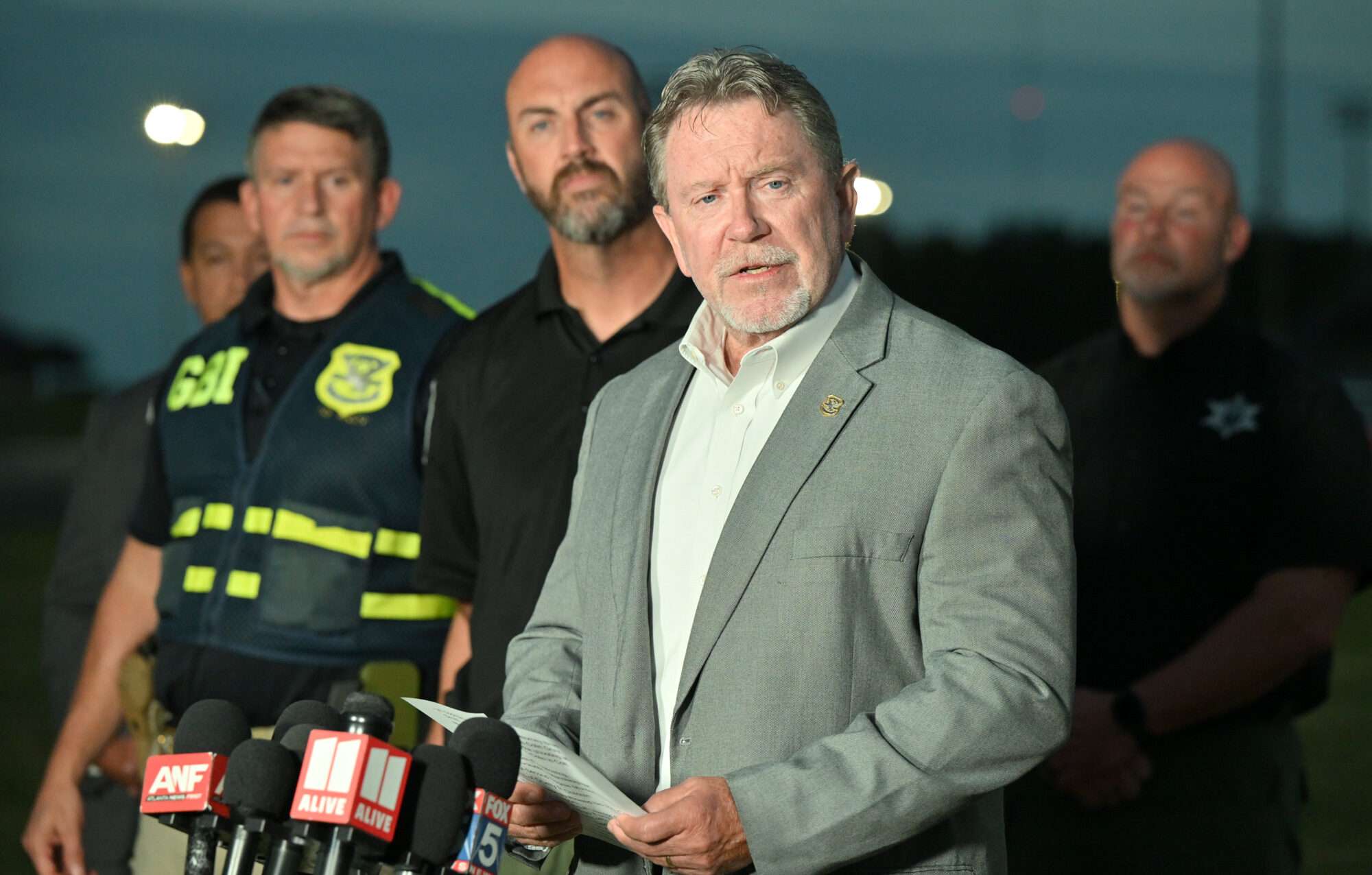A tragic incident occurred at Apalachee High School in Winder, Georgia when a 14-year-old boy shot and killed two students and two teachers. The Georgia Bureau of Investigation announced that Colin Gray, the boy’s father, has been charged with two counts of second-degree murder and other felonies.
The case revolves around the allegation that Colin Gray negligently allowed his son, Colt, access to the rifle used in the shooting. While Georgia lacks a specific law addressing this negligence, prosecutors are using existing statutes to hold Colin Gray accountable for his actions as a parent.
This approach is reminiscent of a similar case in Michigan, where the parents of a school shooter were convicted of involuntary manslaughter. The laws in both states are being stretched to address parental responsibility in such tragic incidents.
While Colin Gray may bear some moral responsibility, proving criminal liability requires meeting specific legal elements. The current charges against him are based on statutes that may not directly apply to his actions, raising questions about the legal validity of the case.
Georgia does have laws penalizing adults who provide firearms to minors under certain circumstances, but these laws only apply to handguns, not rifles like the one used in this case. Prosecutors are therefore relying on less direct statutes to pursue charges against Colin Gray.
The charges of second-degree murder and cruelty to children require proving that Colin Gray acted with criminal negligence, showing a reckless disregard for the safety of others. The burden is on prosecutors to demonstrate that he should have known his son’s potential for violence and took no reasonable steps to prevent it.
Colin Gray also faces charges of involuntary manslaughter, which involve causing death through either an unlawful act or a lawful act done in an unlawful manner. The legal intricacies of these charges will be key in determining his guilt.
Like in the Michigan cases, the outcome of this case may hinge on whether Colin Gray can be held criminally responsible for failing to recognize and prevent his son’s violent tendencies. Evidence suggests that he may not have taken appropriate precautions despite warning signs, similar to the situation with the Crumbley parents in Michigan.
Ultimately, the legal process will determine whether Colin Gray’s actions meet the criteria for criminal charges and whether his negligence played a significant role in the tragic events at Apalachee High School.
The Jackson County Sheriff’s Office identified Colt Gray as the owner of the Discord account linked to a threatening email address when he was 13 years old. Despite this, both Colt and his father denied any involvement in the incident, with Colt claiming his account had been hacked multiple times and expressing fear that his information could be misused. His father, Colin Gray, mentioned their recent struggles with eviction and divorce, and highlighted his son’s improved experience at a new school.
However, Colt’s aunt revealed to The Washington Post that the boy had been dealing with significant psychological issues leading up to the incident, seeking help from those around him. The father admitted to having hunting rifles in the house, but stressed that Colt was supervised and trained in firearm safety. An investigator reassured Colin that they did not believe Colt was lying, urging him to ensure his son’s identity was not compromised.
Sheriff Janis Mangum closed the investigation due to conflicting information, unable to confirm Colt as the source of the threat. Prosecutors may argue that Colin’s failure to foresee the shooting was negligent, similar to the recent Crumbley case. While warning signs may seem apparent in hindsight, not every troubled teenager turns to violence. The belief that intervention can prevent such tragedies should not lead to unjust imprisonment of parents who were unaware of their child’s potential for harm.
Source link






